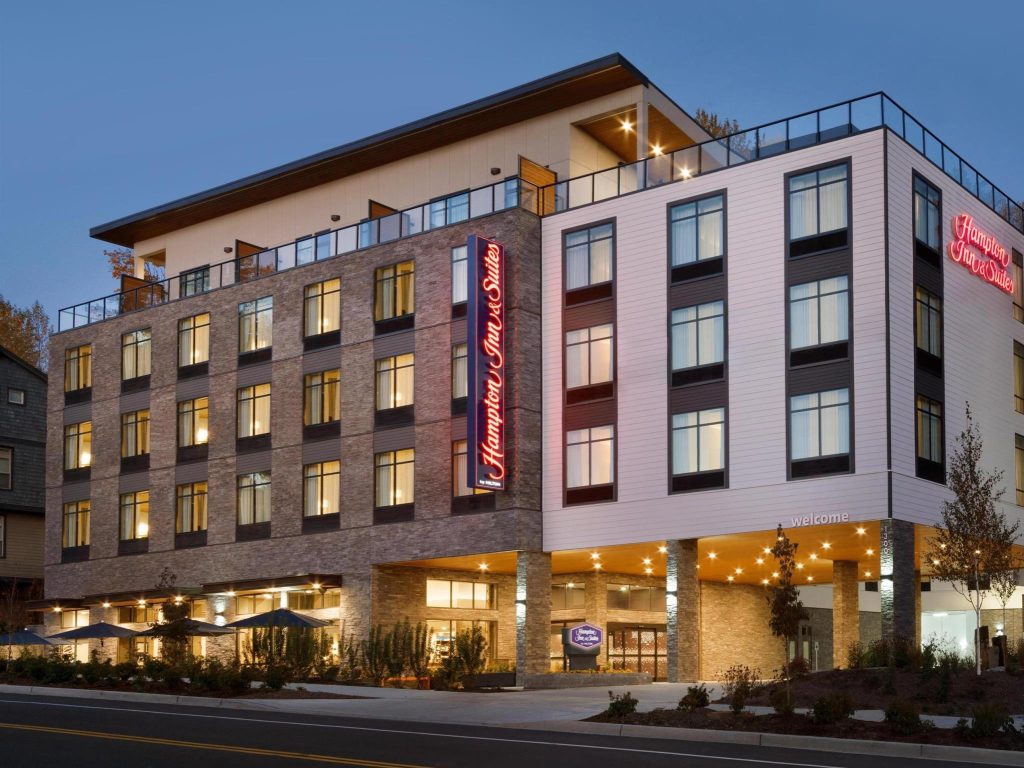In recent news, a union representing hospitality workers has made significant strides in reaching a tentative agreement with four hotel-casinos in downtown Las Vegas.
This development comes at a crucial time, with Super Bowl week on the horizon and the potential for employee strikes at three other properties looming.
As of Saturday morning, the Culinary Workers Union announced a tentative five-year contract with Binion’s, Four Queens, Fremont, and Main Street, encompassing approximately 1,000 workers.
However, the Golden Nugget, Downtown Grand, and Virgin Las Vegas near the Strip have yet to finalize agreements with the union.
Notably, the Las Vegas Strip’s three largest employers—MGM Resorts International, Caesar Entertainment, and Wynn Resorts—reached deals with the union late last year, covering a substantial 40,000 members.
This resolution narrowly averted the possibility of a historic strike, underscoring the significance of labor negotiations within the hospitality industry.
The implications of these developments extend beyond the immediate context of labor relations in Las Vegas. They speak to the complex interplay between workers’ rights, corporate interests, and the broader economic landscape.
The hospitality sector, particularly in a city like Las Vegas, serves as a microcosm of the intricate dynamics at play in the modern labor market.
At the heart of this issue lies the fundamental question of fair and equitable treatment for workers. The negotiations between the Culinary Workers Union and the hotel-casinos underscore the ongoing efforts to secure favorable working conditions, competitive wages, and comprehensive benefits for employees.
These discussions are emblematic of the broader societal dialogue surrounding labor rights and the balance of power between workers and employers.
Furthermore, the timing of these negotiations, coinciding with the onset of Super Bowl week, adds an additional layer of significance.
Las Vegas, renowned for its vibrant entertainment and hospitality industry, is poised to welcome a surge of visitors during this high-profile event.
The potential for labor disruptions amidst such heightened activity underscores the stakes involved in reaching mutually beneficial agreements.
From a broader perspective, the resolution of these negotiations holds implications for the wider hospitality industry.

As a major hub for tourism and entertainment, Las Vegas serves as a bellwether for labor relations and industry standards.
The outcomes of these negotiations may set precedents for future labor agreements and shape the trajectory of worker-employer relationships in the hospitality sector.
In conclusion, the tentative agreement reached by the Culinary Workers Union with four hotel-casinos in downtown Las Vegas marks a significant development in the ongoing discourse surrounding labor relations in the hospitality industry.
The broader implications of these negotiations extend to questions of workers’ rights, industry standards, and the intricate dynamics of the labor market.
As Las Vegas prepares to host Super Bowl week, the outcome of these negotiations holds considerable significance for the hospitality sector at large.
It is within this context that the resolution of labor negotiations in Las Vegas reverberates as a pertinent and emblematic issue within the broader landscape of labor relations.
The union has been diligently working towards achieving fair and equitable contract terms for workers at various hotel-casinos in Las Vegas.
After successfully negotiating terms with several properties such as Circus Circus, Sahara Las Vegas, the Strat, Circa Resort, and the El Cortez, the union encountered obstacles in reaching agreements with some remaining casinos.
As a result, the union has taken a firm stance, announcing its intention to go on strike if tentative contracts are not in place by 5 a.m. on Monday for downtown casino workers at properties that have not yet reached agreements.
This demonstrates the union’s unwavering commitment to advocating for the rights and well-being of its members, and highlights the importance of fair and just labor practices within the hospitality industry.
The union’s dedication to securing favorable terms for all workers is commendable and serves as a reminder of the ongoing need for collective bargaining and advocacy in the workplace.
The upcoming 58th championship game of the National Football League (NFL) is poised to draw an estimated 330,000 individuals to the vibrant city of Las Vegas this week, as reported by the Las Vegas Convention and Visitors Authority.
This influx of visitors is anticipated to have a significant impact on the local economy, bolstering various sectors such as hospitality, entertainment, and retail.
Concurrently, the Culinary Union, which stands as the largest labor union in Nevada with approximately 60,000 members across the state, plays a pivotal role in advocating for the rights and welfare of its constituents.
Notably, the union engages in negotiations to secure five-year contracts on behalf of its members, reflecting its commitment to ensuring fair and equitable working conditions within the hospitality and culinary industries.

As such, the convergence of these events underscores the dynamic interplay between major sporting spectacles and the labor advocacy efforts that underpin the social and economic fabric of Las Vegas and beyond.
In the grand scheme of things, this development reflects the ongoing evolution of labor dynamics and the complex interplay between workers, employers, and industry stakeholders.
As such, it underscores the enduring relevance of labor rights and fair treatment within the modern economy.
